BOOM! Explosive Accusations! Vladimir Putin’s Blunt Critique of Netanyahu: “Is Israel Russia’s New Adversary”?
Medeea Greere, an independent publisher, is now on Telegram at https://t.me/AMGNEWS2022 and exists only on reader support as we publish Truth, Freedom and Love for public awareness. Thank You for your support!
Russian President Vladimir Putin has unleashed a scathing critique of Israeli Prime Minister Benjamin Netanyahu, portraying Israel as an adversary in Russia’s geopolitical calculations. This abrupt shift in tone and stance has sent shockwaves across the international stage, as Putin’s accusations lay bare a deep-seated animosity and a stark departure from diplomatic niceties.
In an era marked by diplomatic restraint and carefully chosen words, Vladimir Putin’s recent comments have cut through the veneer of international politics like a hot knife through butter. The Russian leader’s assertion that Israel is now viewed as Russia’s enemy has ignited a firestorm of controversy, raising questions about the future of Russia-Israel relations, the Middle East conflict, and the broader global dynamics at play.
Putin’s Bold Accusations
In a rare moment of unfiltered candor, Putin accused the ruling elites of the United States and its satellite states of being the masterminds behind a litany of global conflicts. From the tragedy of the Palestinians to the ongoing massacre in the Middle East, the conflict in Ukraine, and beyond, Putin painted a grim picture of a world manipulated by shadowy figures with vested interests.
He pointed an accusatory finger at these elites, alleging their complicity in installing military bases across the globe, exploiting any pretext to employ military force, and shipping weapons to conflict zones. The goal, according to Putin, is to perpetuate chaos and discord, while simultaneously weakening Russia’s position on the world stage.
According to Putin, the conspirators are not content with merely sowing discord and fostering turmoil. They aim to undermine Russia from within, isolating the nation and impeding its involvement in international problem-solving efforts, particularly in the Middle East. Putin’s claim is that these powerful actors are irked when nations refuse to dance to their tune, clinging to their notion of exclusivity and entitlement.
In the context of the Middle East, Putin asserted that the West has no interest in sustainable peace. Instead, they thrive on perpetual chaos in the region. This cynical perspective has led them to discredit nations advocating for an immediate ceasefire in the Gaza Strip and a genuine commitment to resolving the crisis. Even international bodies like the United Nations are not spared from their scrutiny and criticism.
►Donald J. Trump: “If You Want Peace, Prepare For War. . .” Save America!
In stark contrast to the West’s alleged machinations, Putin emphasized that Russia’s approach to the Middle East conflict has always been devoid of mercenary interests, intrigues, and double standards. Russia’s stance, according to Putin, remains consistent and principled. The key to resolving the Middle East conflict, in Putin’s view, lies in the establishment of a sovereign and independent Palestinian state.
The ramifications of Putin’s accusations are profound and far-reaching. This dramatic shift in rhetoric casts a shadow over the previously amicable relationship between Russia and Israel, and it raises the question of whether this abrupt change is a mere tactical move or a fundamental reevaluation of geopolitical alliances.
Israel’s Response
Prime Minister Benjamin Netanyahu’s response to Putin’s allegations was swift and firm. Israel categorically rejected the notion of being Russia’s enemy and asserted that its focus remains on regional security and peace efforts. Netanyahu expressed his willingness to engage in dialogue with Russia to address any concerns and clarify misunderstandings.
Global Reaction
Putin’s statements have not gone unnoticed on the global stage. World leaders, diplomats, and analysts are scrambling to dissect the implications of this unexpected turn of events. While some view Putin’s accusations as a calculated ploy to exert pressure on Israel and its allies, others see it as a genuine reflection of shifting alliances and priorities in the tumultuous landscape of international politics.
The evolution of Russia-Israel relations is a complex and evolving narrative that spans decades. Historically, these two nations have managed to maintain a delicate balance, engaging in cooperation in various domains while carefully avoiding conflicts of interest. However, Putin’s recent remarks have placed this equilibrium in jeopardy.
At the heart of the Russia-Israel relationship lies the Middle East conflict, a multifaceted and enduring crisis that has defied resolution for generations. Both Russia and Israel have interests in the region, and their positions have often diverged. While Russia has traditionally aligned itself with the Palestinian cause, Israel maintains strong ties with the United States, its staunchest ally.
Putin’s assertion that the West seeks to perpetuate chaos in the Middle East raises questions about how Russia’s role in the region may evolve. Will Russia prioritize its perceived adversaries in the West over its historical alliances in the Middle East? Will Putin’s comments mark a definitive departure from Russia’s previous diplomatic stance in the region?
The repercussions of Putin’s statements extend beyond the Russia-Israel dynamic. The accusation that shadowy elites are responsible for global conflicts underscores the prevailing skepticism and mistrust in international relations. It calls into question the effectiveness and impartiality of international organizations such as the United Nations, and it challenges the very foundations of diplomacy and cooperation on the world stage.
Vladimir Putin’s dramatic denunciation of Benjamin Netanyahu and Israel as Russia’s enemy has set the stage for a tumultuous period in international politics. Whether this move is a tactical gambit or a genuine recalibration of Russia’s global alliances remains to be seen. What is clear is that Putin’s words have reignited debates about the Middle East conflict, the influence of shadowy elites, and the future of geopolitics in a rapidly changing world.
As the world watches and speculates on the implications of this dramatic turn of events, one thing is certain: the relationship between Russia and Israel, and the broader geopolitical landscape, are in a state of flux. The coming months and years will reveal whether Putin’s words are a harbinger of a new era in international relations or a mere blip on the radar of global diplomacy.
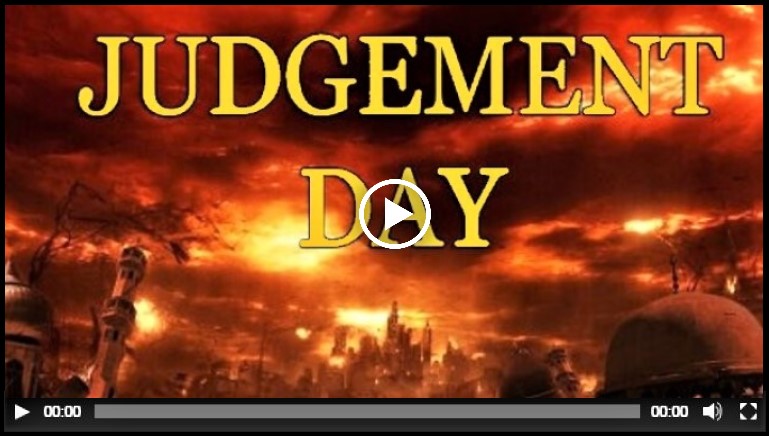

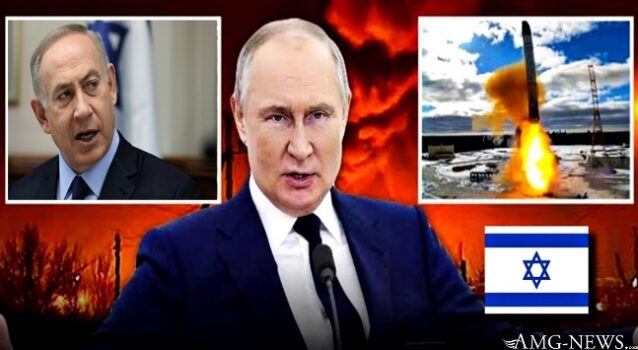
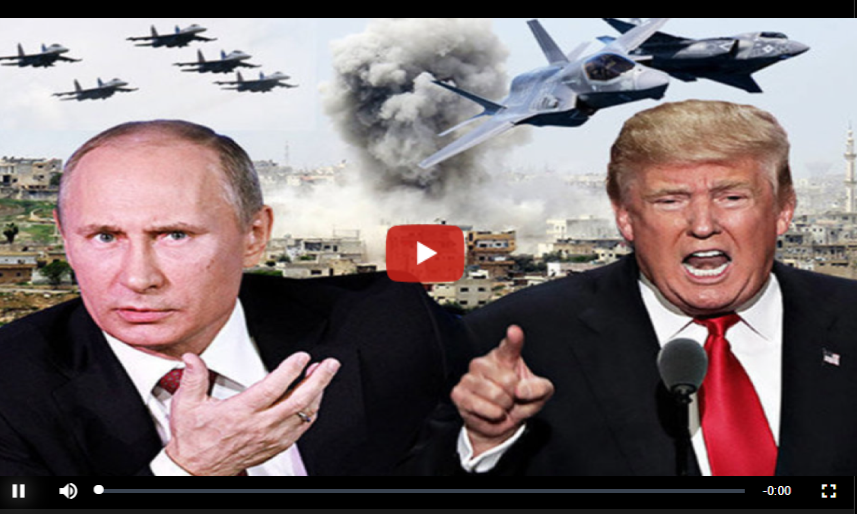
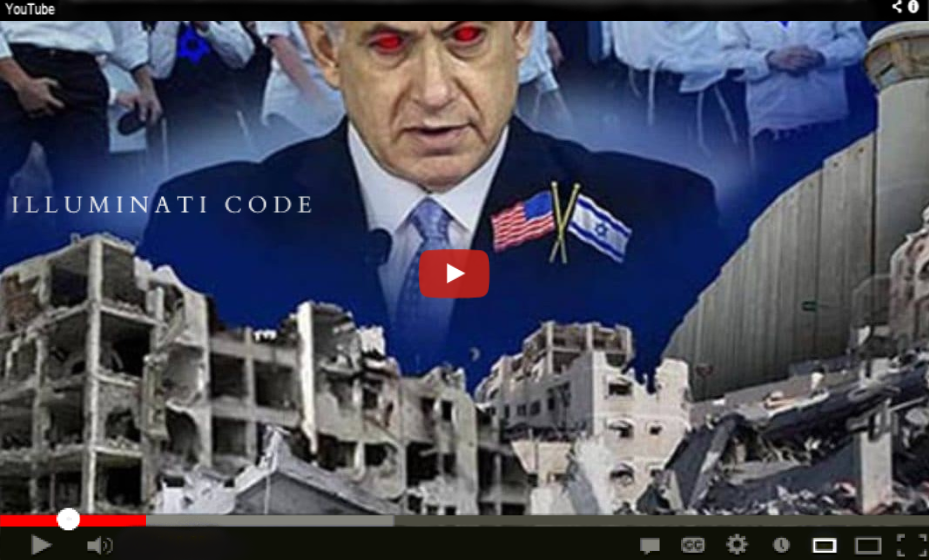

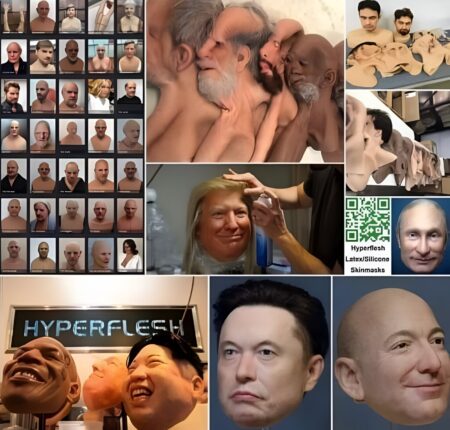
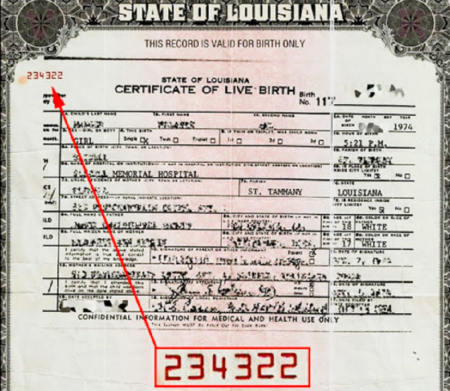
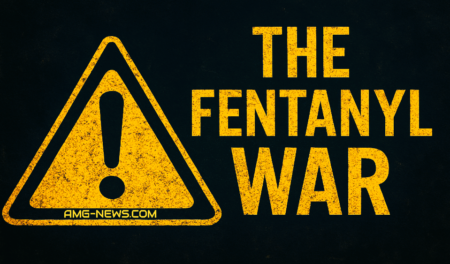
![FAUCI RAIDED: KASH PATEL TO ROGAN: WE RAIDED FAUCI — PHONES & HARD DRIVES SEIZED, COVID LIES EXPOSED! [VIDEO]](https://amg-news.com/wp-content/uploads/2025/06/FBI-Kash-Patel-Fauci-raid-450x263.jpg)
![BOOM! THE FINAL TARGET: ALL ROADS LEAD TO OBAMA – The CIA’s Trojan Horse Who Hijacked America and Controlled Biden Like a Puppet – Obama’s Empire of Treason Faces Military Justice [VIDEO]](https://amg-news.com/wp-content/uploads/2025/05/TRUMP-ALL-ROADS-LEAD-TO-OBAMA-450x238.png)


1 Comment
GOD GAVE THE JEWS A RAT’S FACE BECAUSE OF THEIR SAME NEHAVIOR RATS LIVE TO CAUSE CHAOS IN ANY PLACE THEY INFILTRATE, LEAVE NOTHING BUT DESTRUCTION AND WHEN THINGS GET TOUGH THEY KILL EACH OTHER EVEN NON POLITCAL INDIVIDUALS UNDÉSTAND WHAT PUTIN FINALY HAD TO POINT OUT TO THE PUBLIC IS TRUE AMERICA WAS TURNED INTO A WELL TRAINED ATTACK DOG FOR THEIR SATANIC AGENDA